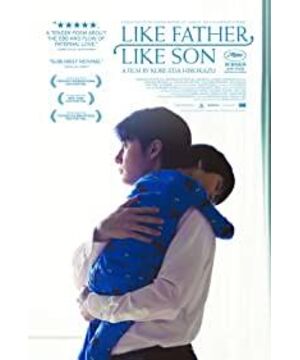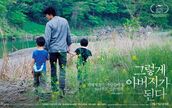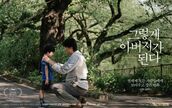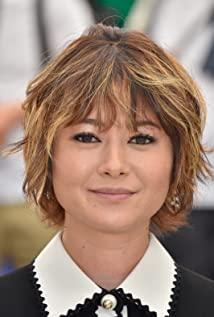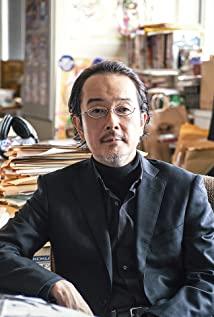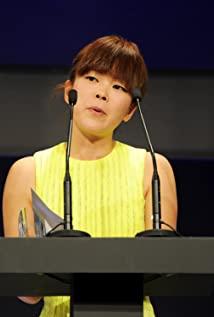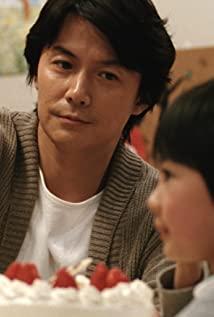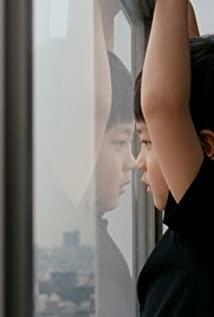I have come across two words recently - Japanese-style fun and extravagance.
Tanigawa Shuntaro mentioned in one of his essays "Yu Yu" that the word appeared in the advertising slogan and said that it was the surplus of space and wealth. And Tanigawa Shuntaro believes that the real surplus is the surplus of the soul, which he describes as an indescribable thing. And I think this surplus is the ability of the characters in Hirokazu Kore-eda to perceive existence. For example, to feel the beauty, touch, and softness of things.
When you read what the Japanese write, you will be influenced by their attitude towards life. Their attention to small things, their respect for food, and their appreciation of beauty are also a kind of unique Japanese taste in my opinion, and this unique Japanese taste shows just the freedom of the soul.
"If you want to have a surplus in your heart, you must first have a surplus in the economy. However, if you have a surplus in the economy, you must have a surplus in your heart?" Isn't this "If you want to be happy, you must have money, but if you have money, you must be happy?" ?" in Japanese? And this kind of expression is also a kind of Japanese taste in my opinion.
There is a certain relationship between spiritual surplus and material and money, but this relationship is not inevitable. It is Hirokazu Kore-eda's work that always reflects this everywhere.
The phenomenon of holding the wrong child is quite common in China, but no one seems to have taken such a subject. Conflict too small? Not enough twists and turns? Not sure where to start?
But Hirokazu Kore-eda took it. Homes that are big, affordable, can afford to learn the piano, and can afford toys look like a hotel to the noisy country folks, and are uncomfortable and uncomfortable to live in. And hey, living in such a miserable life, selling electric light bulbs, a family of six crowded in a hut is lively and interesting in life.
Because their minds are more free, and the rich father, who is busy with work, only wants to step on the accelerator and rush forward. In some places, you can't help but think it's chicken soup, but the good thing about the movie is that he rationalizes his chicken soup.
The real moving point of the film is that of children. When Qing Duo heard his father coming, he instinctively rushed out, but when he found that his father didn't remember him at all, he fled to the closet. Since that scene, everything has been different.
From Liu Qing's point of view, coming from a free, lively and unrestrained world to a place where there are rules everywhere, only one person, and what he does must be transformed, is indeed not as interesting as the original noisy mess. Because children need companionship more than money, money is something that is only needed when they grow up.
In this kind of incident, compared to adults, the most hurt should be the child, and possibly the mother who has been with the child for a long time. When I found out that I liked Liu Qing more and more, I felt sorry for Keita and felt like I betrayed that child.
The whole ending is full of tears. Keita, who is obedient and will not run away, deeply loves her busy father. The best deal must be a fusion of the two families.
The story also ends like this.
It is Hirokazu Koreeda who has true feelings and knows how to sensationalize. There are stories he believes in, and there are his unique skills in telling them. As an audience, even if you know these things well, even if you know that there will inevitably be repetitions, you still can't stop watching Hirokazu Kore-eda's movie.
Because, in his films, you also get that kind of mental leeway.
View more about Like Father, Like Son reviews


